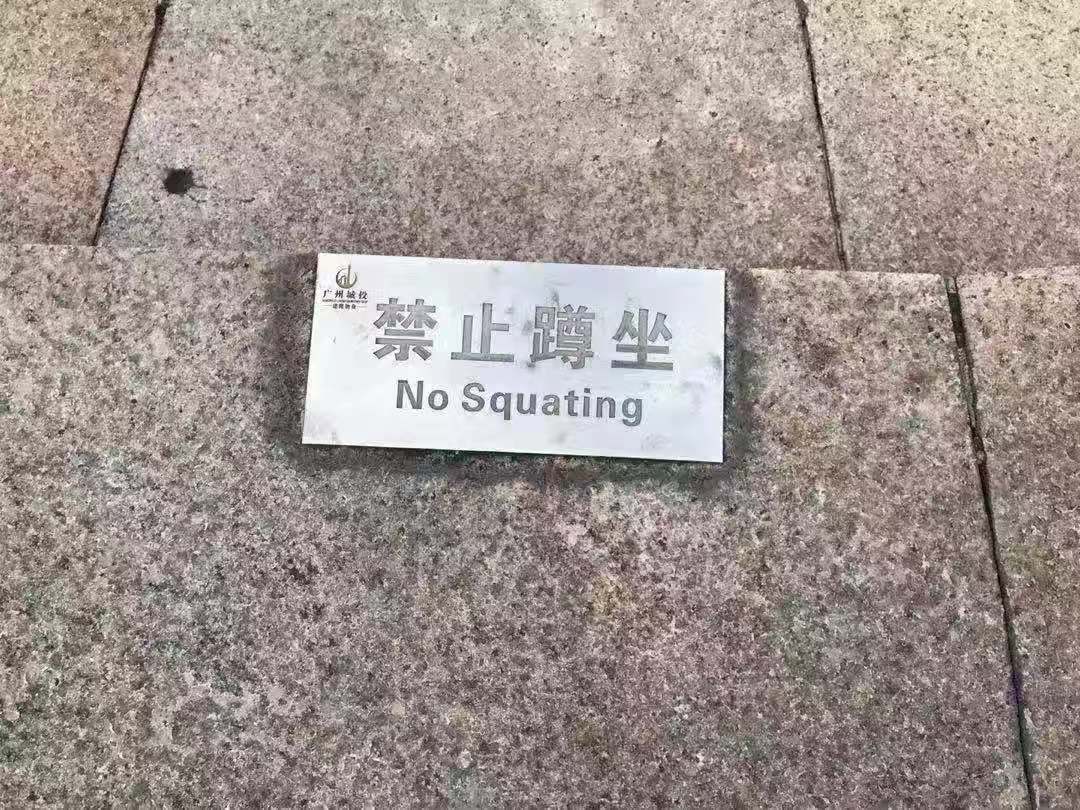Incorrect translation of signs criticized
 0 Comment(s)
0 Comment(s) Print
Print E-mail China Daily, November 20, 2018
E-mail China Daily, November 20, 2018
Local governments should pay more attention to the translation of public signs, because they are important elements in shaping the image of a city in the eyes of foreigners, language experts and government officials said.

Shi Yanhua, former director of the translation office of the Ministry of Foreign Affairs, said some local governments have not invested enough money and resources into improving the translation of public signs, leading to some ridiculous translations.
They should strengthen the regulation on translation and any new signs should first be approved by relevant government authorities before being posted in public, she said on Monday at a sub-forum of the 2018 annual conference of the Translation Association of China.
The conference was co-hosted by the association and the China Foreign Languages Publishing Administration.
Different cities have different translations for the same type of sign, she said - for example, ring road in Beijing, belt road in Shanghai and boulevard in Shenzhen mean the same thing and should be consistent.
Chen Mingming, executive vice-president of the translation association, said signs in places frequently visited by foreigners, including airports, subways, hotels and scenic spots, should be priorities, and there should be no translation mistakes in these signs.
Not all signs need to be translated, he said. "Public signs with unique expressions using Chinese characteristics need no translation," Chen said.
Zhang Qian, deputy director of the foreign affairs office of the Beijing municipal government, said many people have not realized the importance of sign translation.
The office once found a cigarette and liquor store on Beijing's Wangfujing street with a sign that said "name cigarette, name liquor", when the translation should have been "brand name cigarettes and liquor," she said.
"We told the owner of the store to change the sign, but he told us he would not spend money on such a trivial matter. He would only change it if the office agreed to pay for the new sign."
Liu Liu, head of the translation office of the foreign affairs office of Guangzhou, Guangdong province, said similar incidents have occurred in that city, with many people thinking it doesn't matter what the English sign means as long as there is an English translation.
The city government has put a lot of effort into regulating the translation of signs, including developing a mini app in WeChat where netizens can win gifts by taking a picture of an incorrect translation, Liu said.
Also on Monday, nine well-known translators received the Lifetime Achievement Award in Translation, the highest award for translators in China from the association. They joined the ranks of 18 other highly acclaimed translators who have received the award, including Ji Xianlin and Xu Yuanchong.






Go to Forum >>0 Comment(s)